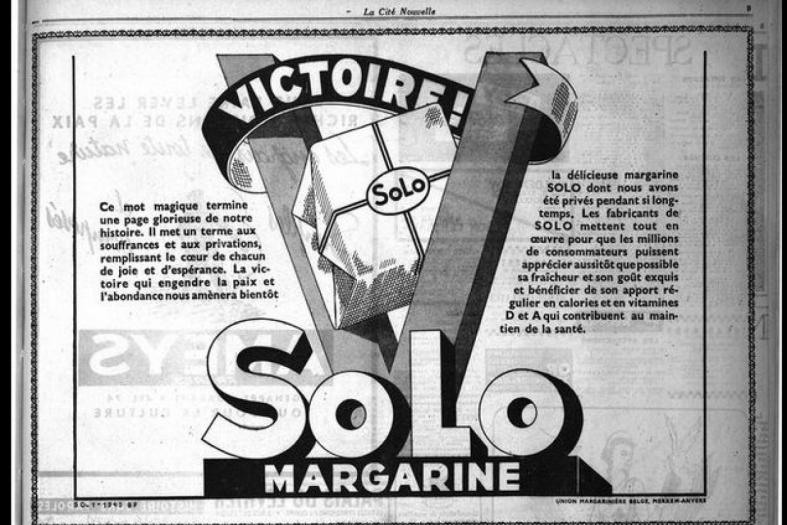Belgium WWII as we commemorate the 80th anniversary of the German surrender*

May 8, an open debate
Beyond the celebration of May 8, we chose to focus on broader reflections in our “debate” section. In the context of the May 8, 1945 commemorations, we asked historians, both members and non-members of our support committee, to share their thoughts on this emblematic date. Beyond a historical reminder of some of the key events in Belgium in May 1945 ("May 8, 1945. The surrender of Germany. A more problematic celebration?"), we asked ourselves: what is the meaning of this day ("The key to truly learning from the past")? Should it become a public holiday ("Why should May 8 (not) become a public holiday in Belgium")? Is it a day of peace ? How do we remember the “Belgian” deaths of WWII ? What is this date for victims of Jewish persecution ? These are just some of the questions addressed by various authors. Nico Wouters extends the debate and challenges us with a somewhat provocative question: does World War II still need historians ? If these questions inspire you, don't hesitate to react and send us your comments at belgiumwwii@arch.be.
Liberation of the concentration camps
The 80th anniversary of the liberation of the concentration camps is also commemorated. The site takes a closer look at the liberation of the Ravensbrück women's camp and Buchenwald, probably the most emblematic camp in the war memory forged in 1945. Here, too, we extend our reflection on the question of issues of power in concentration camps through the case of André Mandricxs, a Belgian Schlindler or a red kapo (“Schindler à la belge” or “kapo rouge”? Communist resistance in Nazi camps between political history and public memory)?
Persecution and resistance
Other themes are also addressed in new contributions. For instance the persecution of homosexuals and lesbians in Belgium during WWII. The site is also enriched by new entries on resistance fighters such as Adrienne Gommers, Joseph Bracops and Léon-Ernest Halkin.
In short, a wealth of inspiring reading!
* Belgium WWII articles are all available in Dutch and French, not in English.